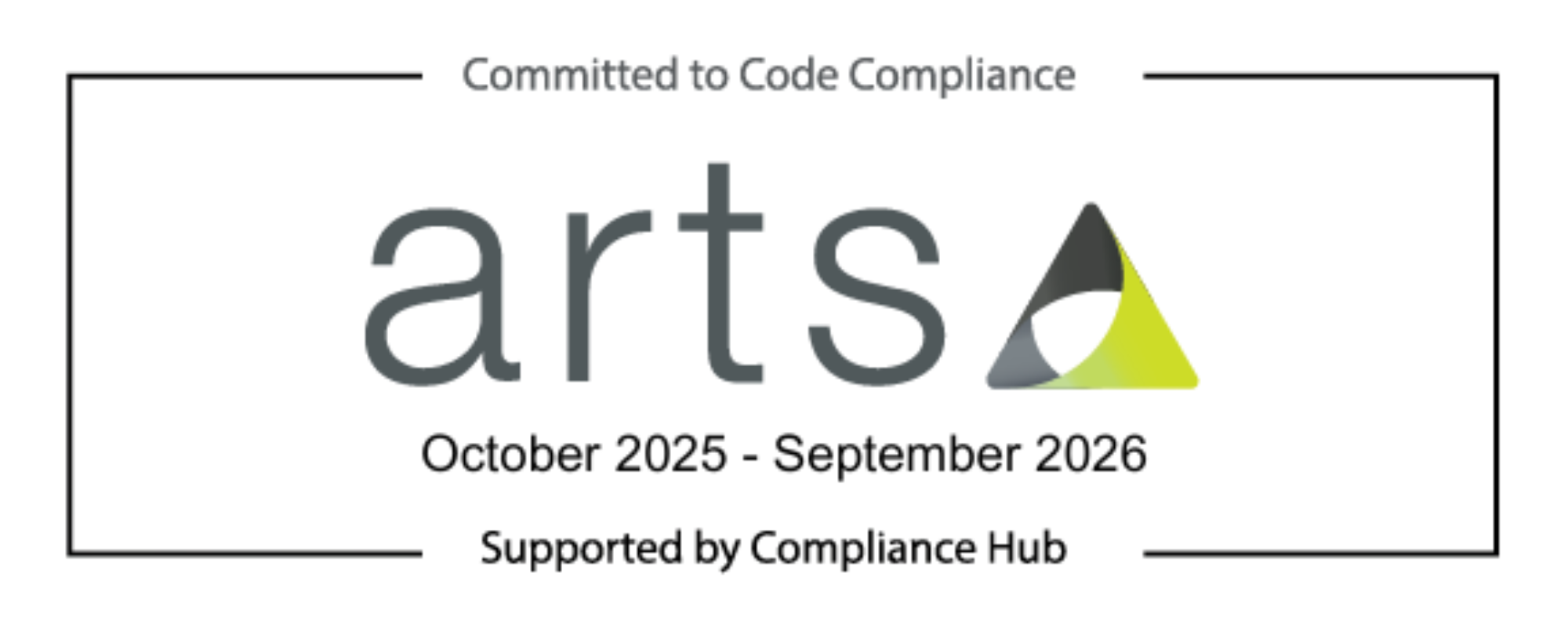What cultural competence means to you?
.png/fit-in/700x9999/filters:no_upscale())
elearning for healthcare (HEE elfh) states that “being culturally competent is not only about respecting and appreciating the cultural contexts of patients’ lives. Neither is it a one-size-fits-all approach – it’s about understanding the way we deliver healthcare and responding to the needs of our diverse population.”
Cultural competence is as a key aspect of providing person-centred care. For this interview, we spoke to representatives from the Centre for Pharmacy Postgraduate Education (CPPE), Pharmacist Support, and the Association of Pharmacy Technicians UK (APTUK) to find out what cultural competence means to them, why it is so important in pharmacy, and where to go for further support.
Interviewees:
- Sneha Varia, Regional Manager and Learning Development Pharmacist, CPPE
- Danielle Hunt, Chief Executive, Pharmacist Support
- Shamma Baig, Equality, Diversity & Inclusion Lead, APTUK
Q1 – What does cultural competence mean to you?
Danielle Hunt: Cultural competence, to me, is about proactively considering differences to ensure that we are being equitable and fair. It’s about building our understanding of cultural differences and being open to different perspectives. Cultural competence means we can communicate effectively, build positive relationships, and make decisions that are respectful of others’ needs, ultimately creating inclusive environments where everyone feels valued.
Sneha Varia: It is the ability to interact effectively with people belonging to diverse communities and accommodating cultural differences. It requires an awareness of how our own culture can negatively bias how we behave towards others and avoiding language that can hurt or offend, whether intended or not.
Shamma Baig: To me, cultural competence means having appreciation, knowledge, sensitivity and being inclusive of everyone's diverse background, beliefs and faiths. This, in turn, fosters better communication and understanding to increase confidence in providing the best possible care outcomes for all.
Q2 – Why is cultural competence important in pharmacy?
SV: There is unjustified variation in health outcomes between diverse communities experiencing prejudice and discrimination. Demonstrating dignity and respect for people regardless of their race, religion, physical or learning ability, gender, sexuality, gender reassignment, marriage or civil partnership, or current health status is essential to improving inequality, health outcomes and patient safety.
DH: It is important in pharmacy, not only because it is a diverse profession, but because pharmacy has a direct connection with the public. It is therefore crucial that we listen and learn about different cultures so that we function effectively as a team and provide the best care for our communities.
SB: As a pharmacy profession, many of us serve people of diverse backgrounds, and at times a pharmacy professional is the first contact for advice. Being culturally competent in pharmacy facilitates better patient care and population health outcomes. We can all work to better our knowledge, tolerance and understanding of cultures and beliefs to benefit all those around us.
Q3 – I’m interested in learning more about cultural competence: where can I go for support?
DH: There are many organisations and charities that can support organisations and individuals when it comes to achieving cultural competence. Here at Pharmacist Support, we’ve been on a journey to ensure that we keep learning and developing our approach to equality, diversity and inclusion and have been working with a social enterprise called The Diversity Trust.
SB: I would direct anyone interested in bettering their competence to Heath Education England's elearning for healthcare (HEE elfc) learning resource. This is an excellent resource for healthcare workers to gain knowledge and understanding of the association between culture and health issues, and the potential influences of cultures and beliefs on health outcomes.
SV: CPPE is supporting registered pharmacy professionals to meet their learning needs for culturally competent person-centred care by developing a number of learning programmes, gateway pages, and campaigns. You can find all these resources on the CPPE website.
- Health inequalities e-learning
- Transgender healthcare - consulting with dignity and respect interview style e-learning
- Seeing you better: Culturally competent person-centred care learning campaign
- Culturally competent person-centred care gateway page
- Culturally competent communication for person-centred care e-learning – launching 11 April 2022.


 London
London


